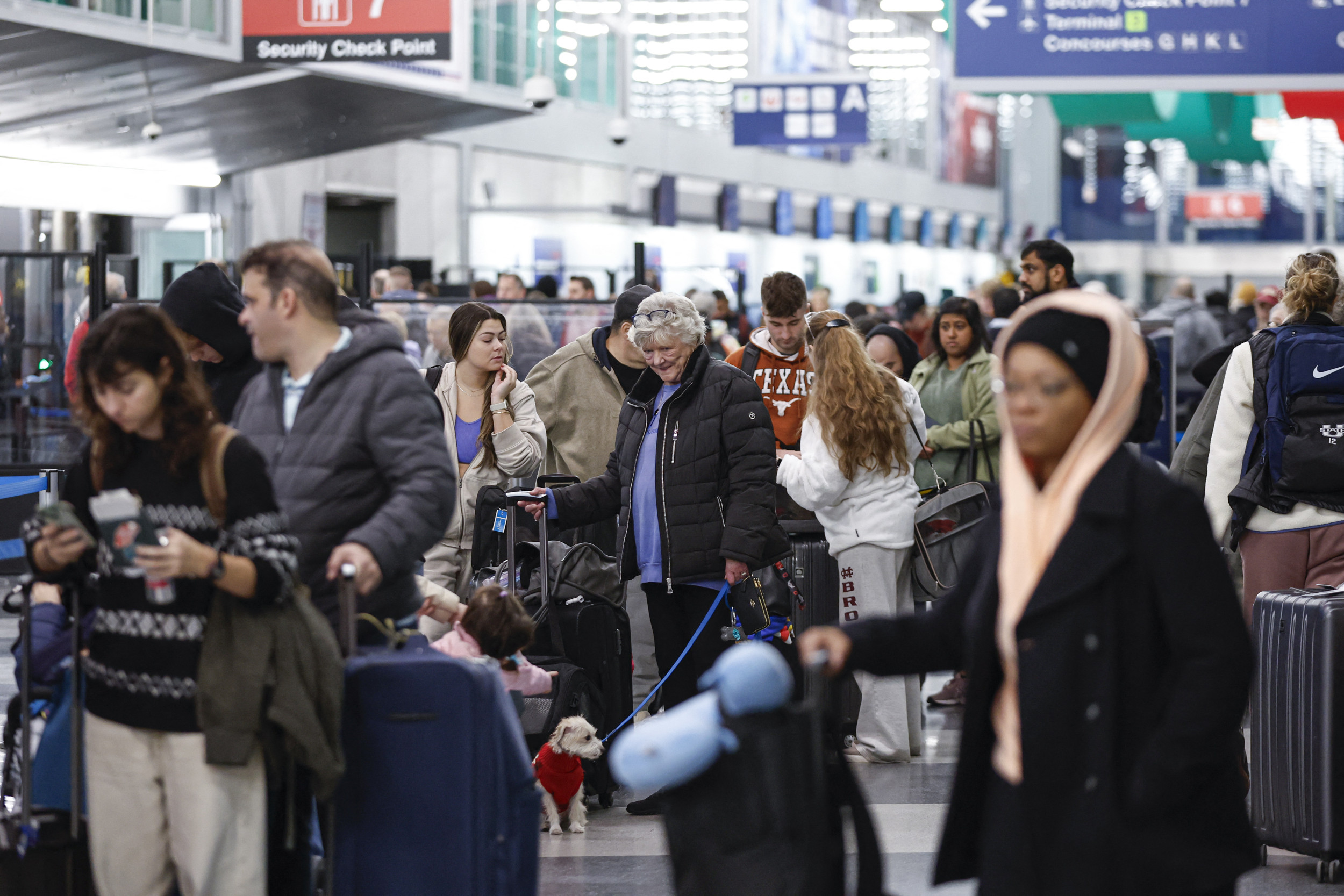Fashion
Africa in Business: flights, fashion and funds

STORY: Here’s what’s been making the business headlines in sub-Saharan Africa this week.
1. Kenya expects the International Monetary Fund to review its revised fiscal repair plan in August, the country’s chief minister has told a parliamentary panel.
President William Ruto’s cash-strapped government has been forced to draw up new spending cuts in recent weeks to tackle its huge debt pile.
That’s after widespread youth-led protests against previously proposed tax hikes left at least 50 people dead.
2. Also in August, fast-fashion giant Shein will open a pop-up store in Johannesburg as it seeks to woo shoppers in South Africa.
:: Ottawa, Canada
The online retailer, known for its $5 tops and $10 dresses, has expanded aggressively worldwide but has been accused of exploiting tax loopholes by exporting China-made products in small quantities to avoid higher duties.
Bricks-and-mortar and online fashion retailers have been urging South African regulators to impose a 45% import duty on all clothing item imports to level the playing field.
3. Eritrean authorities have suspended all Ethiopian Airlines flights to the East African country, effective September 30, the airline said on Wednesday (July 24).
Flights from Ethiopia to Eritrea had resumed in 2018 after two decades following a peace deal. Ethiopian Airlines said the specific reasons had not been disclosed.
4. Standard Chartered is interested in financing Uganda’s planned Standard Gauge Railway, a statement from President Yoweri Museveni’s office said.
That’s after failing to secure credit from China for the project, which is expected to drastically cut the cost of shipping goods from landlocked Uganda by connecting to neighboring Kenya’s own SGR which runs to the seaport of Mombasa.
5. And finally, Meta Platforms said on Wednesday that it had removed around 63,000 Instagram accounts in Nigeria that attempted to engage in financial sexual extortion, mostly targeting adult men in the United States.
Meta said it had also removed 7,200 Facebook accounts, pages and groups dedicated to providing tips on scamming people.








